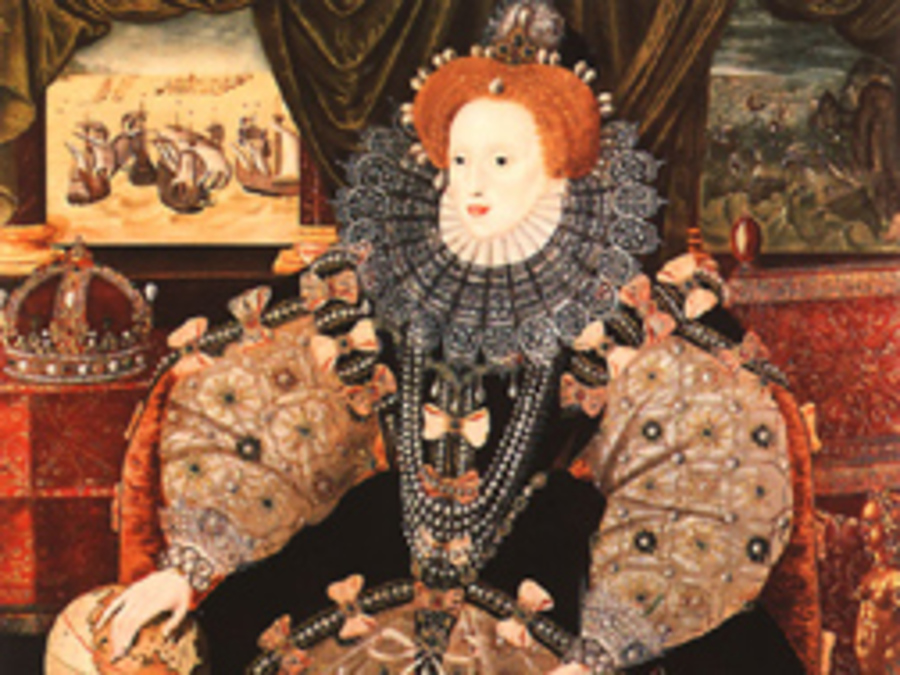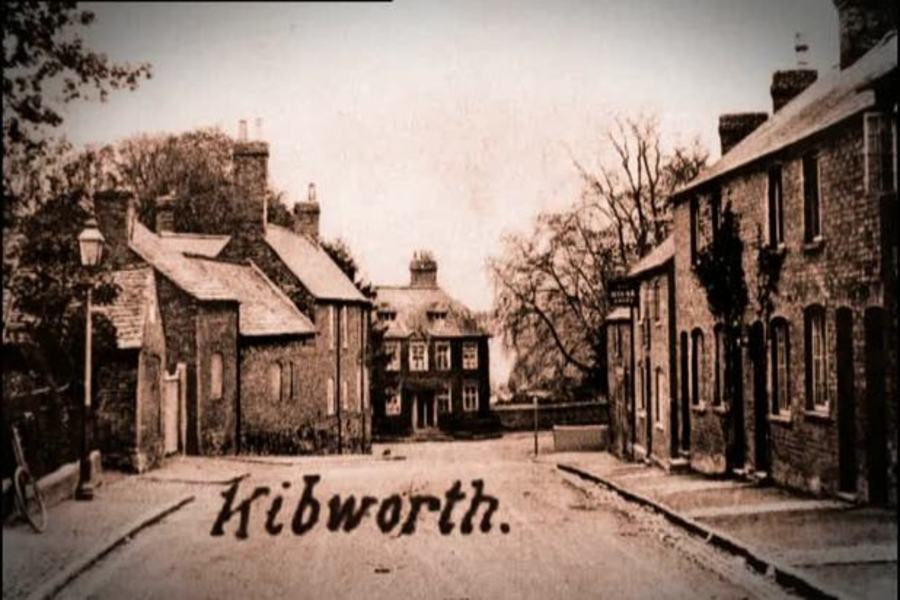 Try these videos to get started. Must be on campus or login with your COM account for off campus access.
Try these videos to get started. Must be on campus or login with your COM account for off campus access.
Want more on finding media? Try Articles & Media.
-
An Age of Revolutions (22:57)
This program examines how the French and Industrial Revolutions altered Europe in the 18th and 19th centuries. The French Revolution spread anti-royalty sentiment and increased awareness of the ideals of democracy throughout the continent. The Industrial Revolution promoted the middle class and turned Europe into an urbanized, industrial society. Karl Marx published his Communist Manifesto, and in doing so laid the groundwork for the Russian Revolution and the later European socialist movement.
-
The Age of the Shoguns (Japan 1600–1868) (51:29)
This was the age of the Tokugawa family, the era of Edo, a period of over two-and-a-half centuries during which Japan was hermetically sealed off from the rest of the world and only a few Dutch and Chinese—constantly watched and treated like pariahs—were allowed to live on Japanese soil and to trade with the Japanese. This program treats the history of Japan during this period: the established classes of daimyo, samurai, farmer, and merchant; the political organization of the shogunate; the growth of the merchant class and the development of Kabuki; the delineation of Japanese sensibilities and the meaning of seppuku.
-
The Elizabethans (1558-1603) (26:29)
Elizabethan dress is of particular interest to students of Shakespeare, for in his time, his plays were performed in contemporary clothes. This program explains the court clothes, how they were made and given shape; who wore what, and what kind of nonverbal messages clothing sent; how complicated it was to dress and, once dressed, to move about; how children’s clothes reflected their role as miniature-version adults.
-
Henry VIII to the Industrial Revolution (59:02)
Groundbreaking series in which Michael Wood tells the story of one place throughout the whole of English history. The village is Kibworth in Leicestershire in the heart of England - a place that lived through the Black Death, the Civil War and the Industrial Revolution and was even bombed in World War Two. The tale reaches the dramatic events of Henry VIII's Reformation and the battles of the English Civil War. We track Kibworth's 17th century dissenters, travel on the Grand Union Canal and meet an 18th century feminist writer from Kibworth who was a pioneer of children's books. The story of a young highwayman transported to Australia comes alive as his living descendants come back to the village to uncover their roots. Lastly, the Industrial Revolution comes to the village with framework knitting factories, changing the village and its people forever.
-
John Locke (21:09)
This program chronicles the life and work of John Locke, the 17th-century English philosopher and political theorist considered by many to be the first notable thinker of the Enlightenment.
-
The Ottomans: Europe's Muslim Emperors
Filmed on location in Turkey, the Balkans, Greece, and the Middle East, this three-part series recounts the epic story of one of the largest and most influential empires in history, from its origins in the 13th century through to its final throes on the battlefields of World War I.
-
Revolution (58:15)
In the 17th and 18th centuries, people across the world rose up in the name of freedom and equality against the power of the church and monarchy. We investigate the effects of the Enlightenment as it spread throughout Europe, with Galileo in Venice revolutionizing the way we saw humanity’s place in the universe, to Edward Jenner in England using science to help save the lives of millions from smallpox. At the Taj Mahal in India, we learn how the Mughal Empire was left weakened by strict Muslim emperor Aurangzeb, who snuffed out any possibility of an Indian Enlightenment and left India an easy conquest for Britain.
-
Series: Life Under Napoleon
The civil reforms enacted by Napoleon Bonaparte forcibly reshaped the daily life of a continent. Filmed exclusively from the point of view of the people Napoleon ruled, this two-part series seeks to understand what life was like in Europe between 1799 and 1815—from the end of the French Revolution to the aftermath of the Battle of Waterloo. Realistically dramatized accounts based on primary sources such as diaries, letters, reports, and court documents give a voice to people from all levels of society who alternately felt Napoleon’s hand upon their shoulder and his boot upon their neck. 2-part series, 52-54 minutes each.
-
Sir Isaac Newton: The Gravity of Genius
This episode of Biography examines the incredible achievements and lonely life of Isaac Newton, whose Principia is to science as the Mona Lisa is to art.
-
Thirty Years' War: Adolphus vs. Wallenstein
In 1631 peasants resisted mercenaries for the first time. Victory for Sweden came at a price, including the death of Adolphus
-
Why the Industrial Revolution Happened Here (51:44)
Historian and professor Jeremy Black explains the unique economic, social, and political conditions that led to Britain becoming the richest, most powerful nation in the 19th century. Factors in this transformation include Britain's coal reserves; the development of political liberalism that fostered innovation; the consumer revolution; and colonization.
![]() Try these videos to get started. Must be on campus or login with your COM account for off campus access.
Try these videos to get started. Must be on campus or login with your COM account for off campus access.









